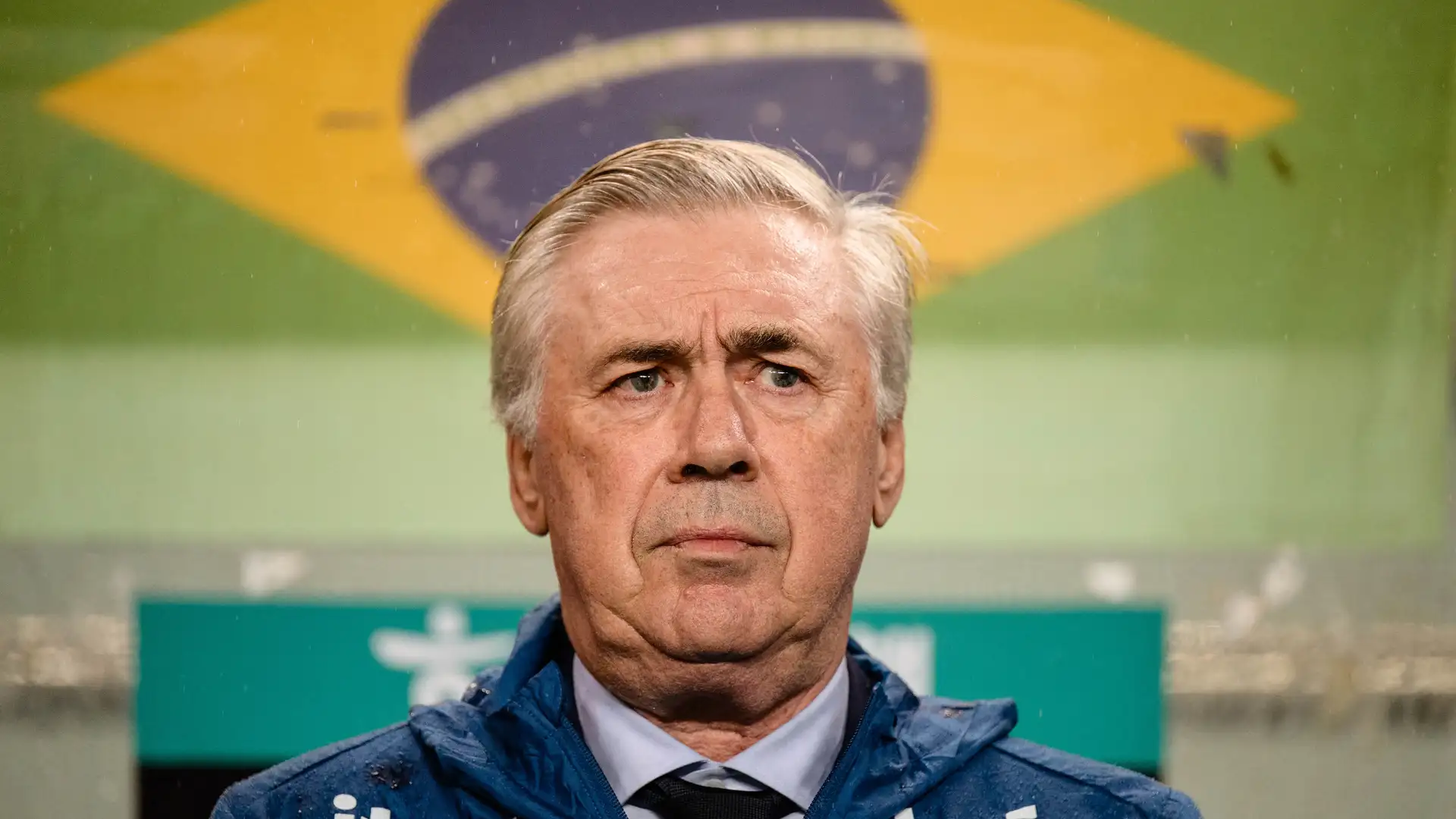
‘It Would Be Beautiful’ – Carlo Ancelotti Reveals Dream World Cup Final as Brazil Coach Aims to End 24 Years of Hurt for the Selecao in 2026
Carlo Ancelotti’s New Dream: From Club Legend to Brazil’s Hope
There’s a certain calmness to Carlo Ancelotti, a serenity that belies the chaos and emotion of football at its highest level. You can see it in the way he folds his arms on the touchline, the raised eyebrow that says more than any outburst ever could. For decades, that calmness has carried him to the summit of European football — five Champions League titles, league crowns in five countries, and a trophy cabinet so full it could double as a museum.
Yet even for a man who’s seen it all, there remains one prize that has always eluded him: the FIFA World Cup. And now, in what feels like the final great chapter of his career, Ancelotti is determined to chase that dream — not with Italy, but with Brazil, the most storied footballing nation on earth.
When he left Real Madrid in 2024 after lifting yet another Champions League title, many assumed he would retire. Instead, he shocked the football world by accepting the job to coach the Selecao — a move that united curiosity, excitement, and a touch of skepticism.
“Managing Brazil, the most successful team in football history, was an opportunity I couldn’t refuse,” Ancelotti said shortly after his appointment. “I knew about the passion from afar, but living it here is something else. When Brazil play, the country literally stops.”
Now, with the 2026 World Cup on the horizon, the Italian master is not just building a team; he’s crafting a story — one that could end Brazil’s 24-year wait for glory and perhaps see him face his homeland in the most poetic final imaginable.
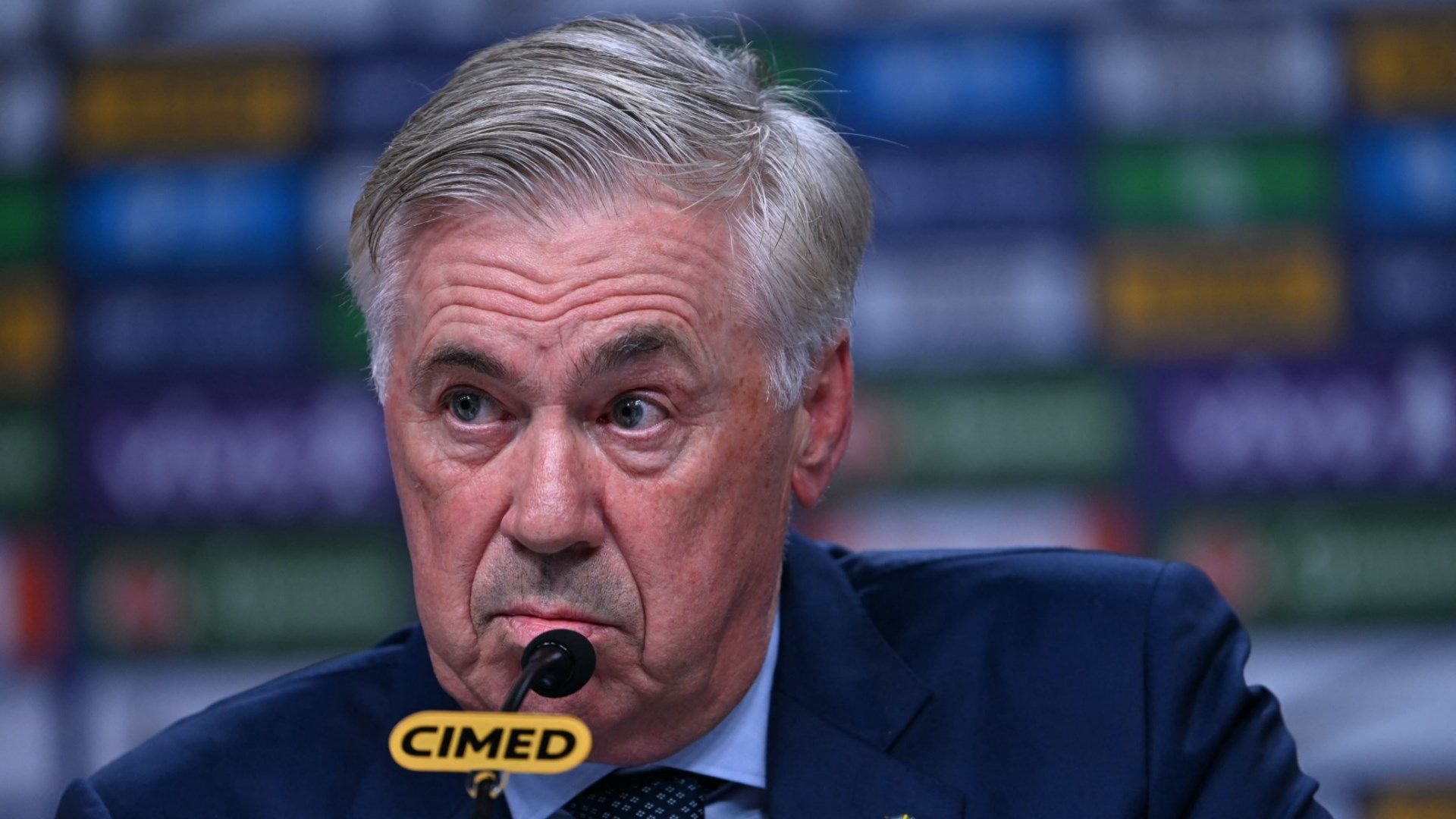.jpeg?auto=webp&format=pjpg&width=3840&quality=60)
Carlo Ancelotti Brazil 2025
A New Era for the Selecao: Ancelotti’s Blueprint for Brazil
When Ancelotti took charge of Brazil in mid-2024, the national mood was cautious. The wounds from the 2022 World Cup — and the painful memory of 2014’s 7-1 collapse against Germany — still lingered. The once untouchable Selecao had become a side struggling to balance its flair with structure.
But if there’s one thing Ancelotti has mastered throughout his career, it’s balance. From Milan’s elegant control to Real Madrid’s pragmatic efficiency, his teams have always known how to win without losing their identity.
Under his guidance, Brazil have begun to evolve into something new — less samba, more symphony. Pragmatic when needed, expressive when possible. “We want to win, and we’re not hiding it,” he told Rai Due’s Dribbling. “The dream is for Brazil to win their sixth World Cup. There are great expectations, but also great enthusiasm. Twenty-four years is a long time — let’s make sure it doesn’t become twenty-eight.”
His early results suggest the foundation is solid. In his first four competitive matches, Brazil secured two wins, one draw, and one defeat, sealing World Cup qualification with a 1-0 victory over Paraguay, courtesy of a Vinicius Jr. strike. It wasn’t flamboyant, but it was effective — a perfect reflection of Ancelotti’s footballing philosophy: calm, clinical, and composed.
The Human Touch: Leadership Beyond the Tactics Board
What separates Ancelotti from many elite coaches isn’t just his tactical acumen, but his humanity. He has never been the type to dictate from above. Players — from Cristiano Ronaldo to Kaká, Zlatan Ibrahimović, and Karim Benzema — all describe him the same way: understanding, approachable, and quietly authoritative.
In Brazil, that empathy has already made its mark. Ancelotti has taken the time to visit domestic clubs, meet academy coaches, and connect with local players. “It’s important to know every player personally,” he said after calling up new faces like Caio Henrique and Kaio Jorge during the 2025 qualifiers. “You can’t just look at talent — you must understand their story, their character.”
This holistic approach has given Brazil a sense of unity it’s lacked in recent years. Training sessions under Ancelotti reportedly mix European precision with Brazilian rhythm — tactical drills one moment, samba-infused rondos the next. “He doesn’t just coach tactics,” said Marquinhos, “he coaches emotions.”
Critics, Culture, and the Weight of the Yellow Shirt
Still, not everyone has been convinced by Brazil’s decision to appoint a foreign manager. Former national team coach Emerson Leão didn’t mince his words when speaking to CNN: “It’s a sad reflection that we had to go abroad. Managing Brazil is not like managing Real Madrid. Here, an entire nation judges you.”
His comments reflect a long-standing tension in Brazilian football — between tradition and modernisation, identity and adaptation. No foreign coach has ever won the World Cup with the Selecao. For purists, it feels almost sacrilegious that an outsider could lead Brazil to their most sacred triumph.
But Ancelotti has never been one to seek approval. He listens, nods, and then lets the results speak. “I respect the history, I respect the culture,” he said when asked about the criticism. “But football today is global. My job is to help Brazil win again. Nothing more, nothing less.”
He’s also made some bold decisions. With Neymar sidelined by long-term injury and Vinicius Jr. and Rodrygo briefly omitted to recover fitness, Ancelotti has shown he won’t be swayed by reputation. For him, selection is about form and balance, not fame.
It’s an approach that may feel pragmatic, but in truth, it’s classic Ancelotti — loyal to performance, not pressure.
The Dream Final: Brazil vs Italy – Heart vs Homeland
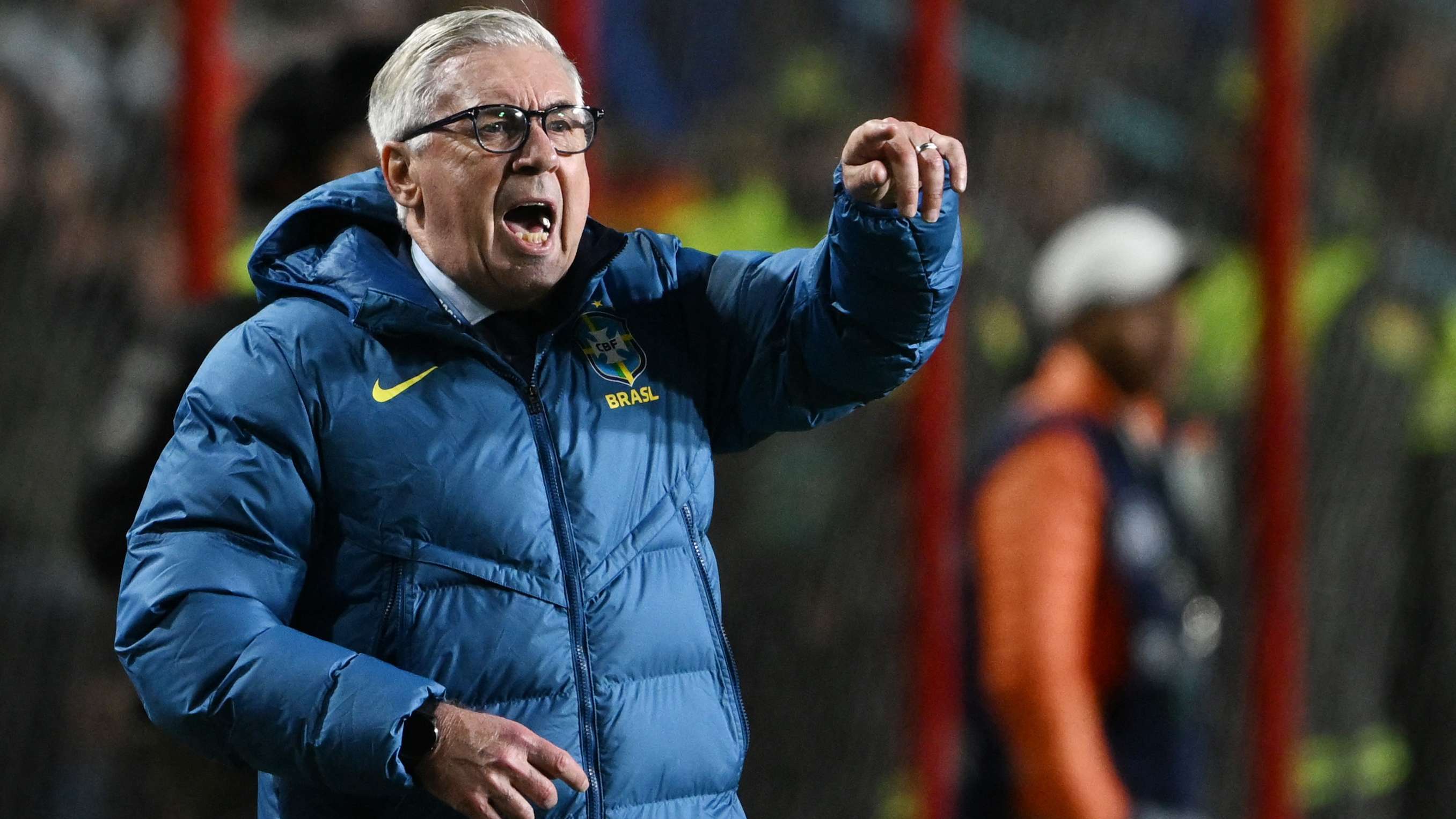
FBL-WC-2026-SAMERICA-QUALIFIERS-BOL-BRA
For all the talk of tactics, selection, and scrutiny, there’s a romantic core to this story that’s pure football. When asked about his dream scenario for 2026, Ancelotti smiled that famous understated smile.
“I would like a final between Brazil and Italy,” he admitted. “It would be beautiful for me on an emotional level.”
The idea is intoxicating. Imagine it: the Maracanã buzzing with yellow and blue, the world watching as the most successful nation in football faces one of its most historic. On one bench, the Italian who once embodied Serie A’s golden age; on the other, a new generation of Azzurri trying to reclaim lost glory.
For Brazil, such a final would mean the chance to end 24 years of pain — their last triumph coming in 2002 under Luiz Felipe Scolari, when a young Ronaldo Nazário dazzled the world in Japan. For Ancelotti, it would be the most personal match of his life — heart versus homeland, history versus destiny.
The Pressure and the Promise
Leading Brazil at a World Cup isn’t like leading any other team. The expectations are colossal. Every formation, every substitution, every press conference is dissected across a nation of 215 million football-obsessed fans.
Ancelotti knows this. “Here, football is not a sport; it’s life,” he said. “Every child dreams of the yellow shirt, every family lives for these moments. It’s a privilege, but also a responsibility.”
And yet, he appears perfectly at ease. Perhaps that’s the benefit of experience. After all, this is a man who has faced the full weight of Real Madrid’s expectations, survived Milan’s heartbreaks, and thrived under the pressure of coaching superstars.
His challenge now is not just to win, but to reconnect Brazil with its identity — to blend artistry with order, expression with execution. If anyone can do it, it’s Ancelotti.
From Parma to Paradise: The Legacy Awaits
From the quiet towns of Reggiolo to the biggest stages in Europe, Carlo Ancelotti’s journey has been one of understated greatness. Never the loudest, never the flashiest, but always the most composed. He has guided football royalty across decades — and now, in his twilight years, he’s taken on the most emotional, most daunting challenge of all.
“People ask me why I keep going,” he said recently. “Because there’s always one more dream left. And for me, that dream is the World Cup.”
As Brazil prepare for 2026, one can’t help but feel that destiny might just be lining up something truly special. Maybe it’s naive, maybe it’s romantic — but the idea of Carlo Ancelotti lifting the World Cup with Brazil feels like the kind of football story that transcends logic.
And if, on that July evening in 2026, he finds himself standing opposite Italy in the final, don’t be surprised if that familiar eyebrow raises just slightly — calm, composed, and ready to make history one last time.



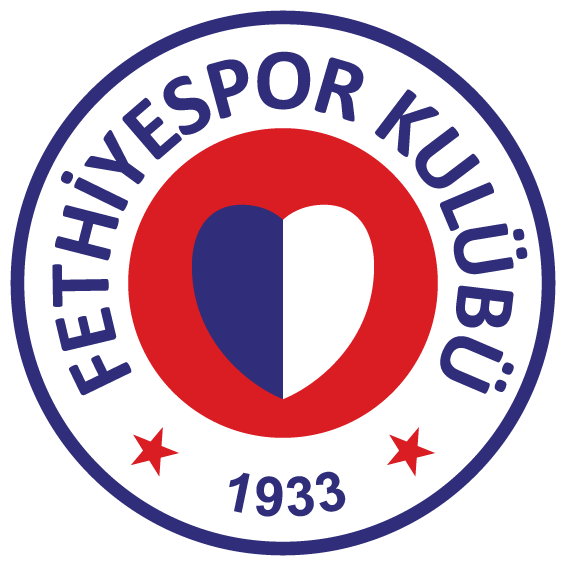
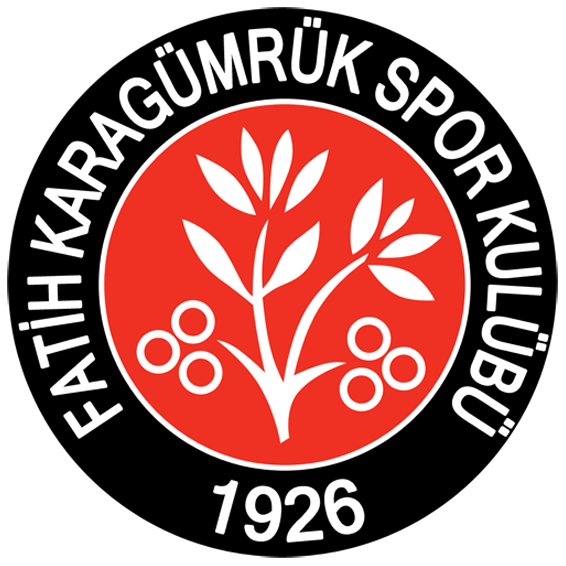
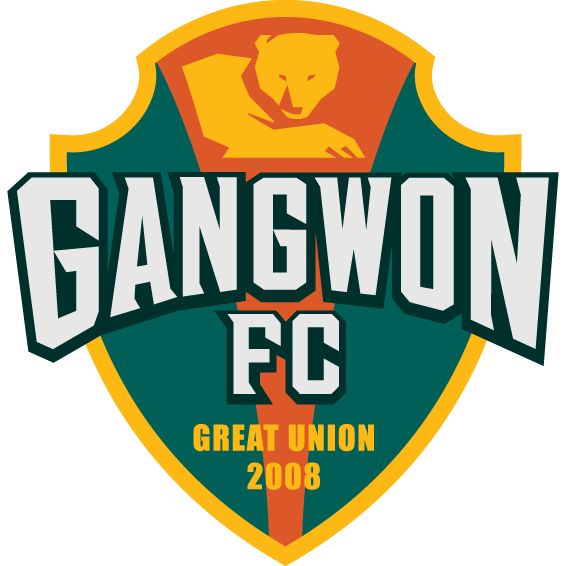

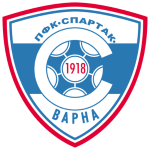

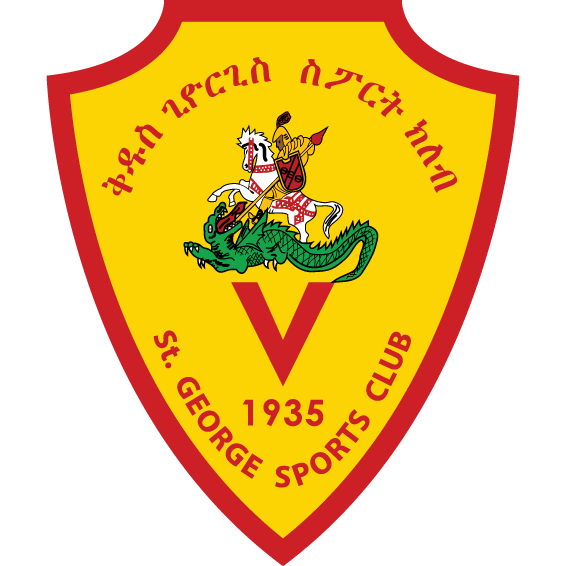



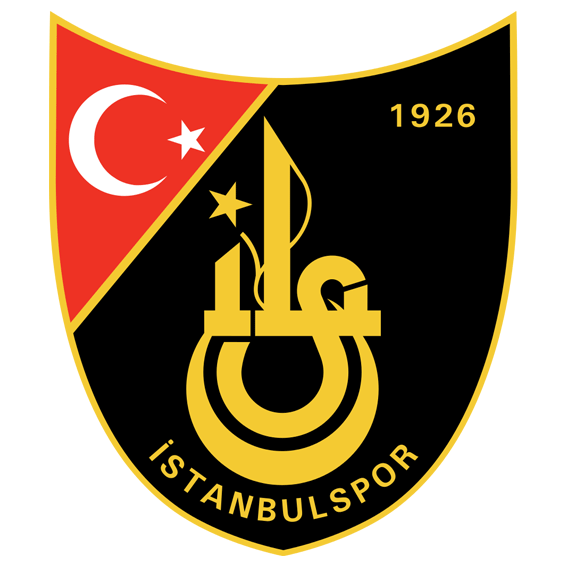
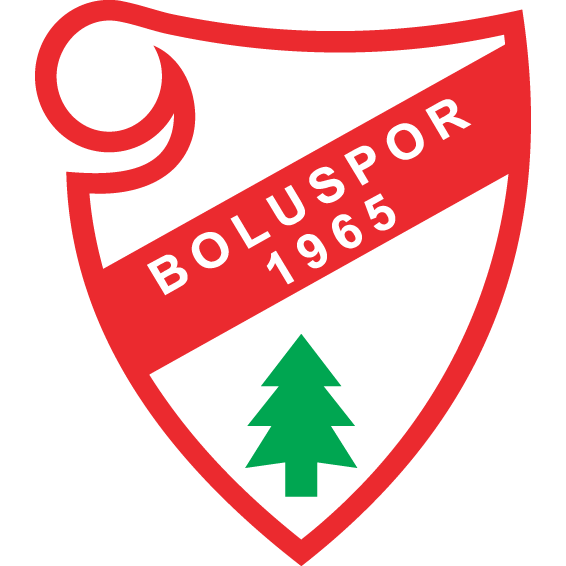


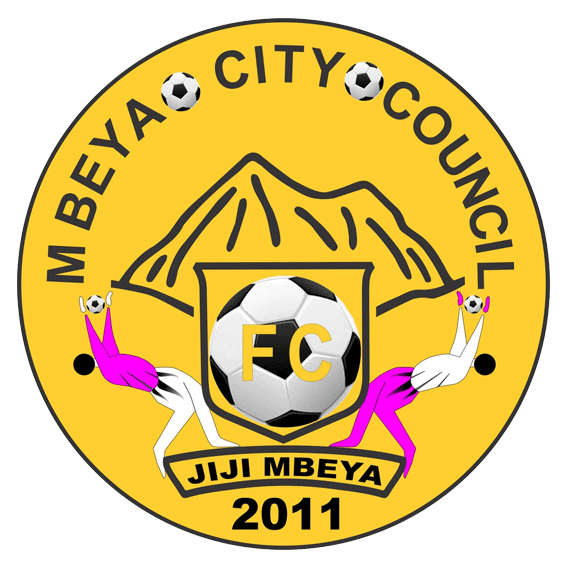

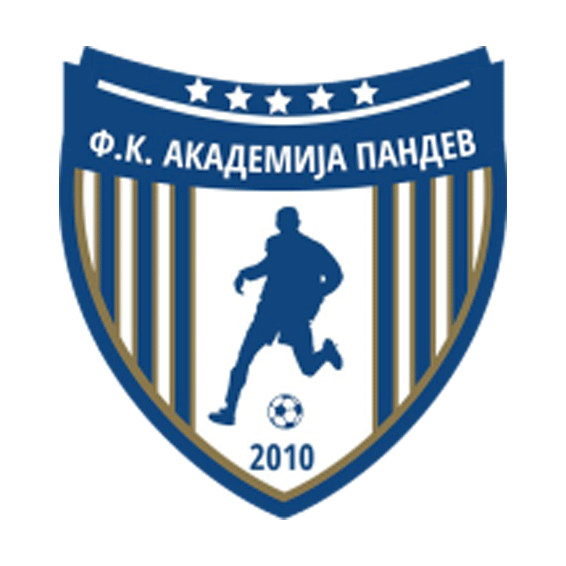
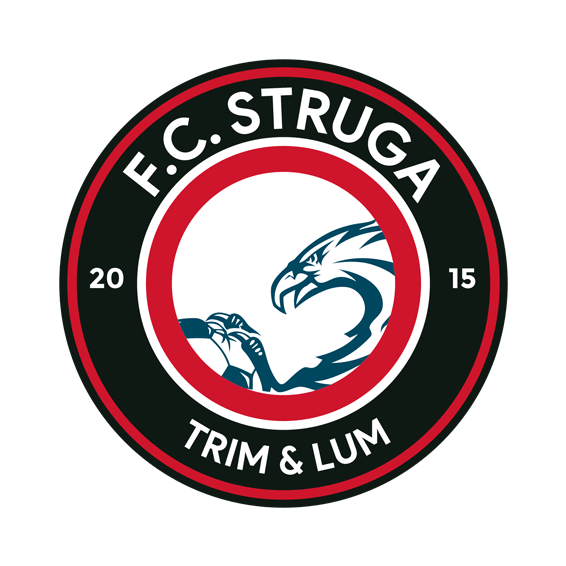

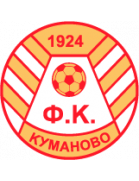























There are no comments yet. Be the first to comment!